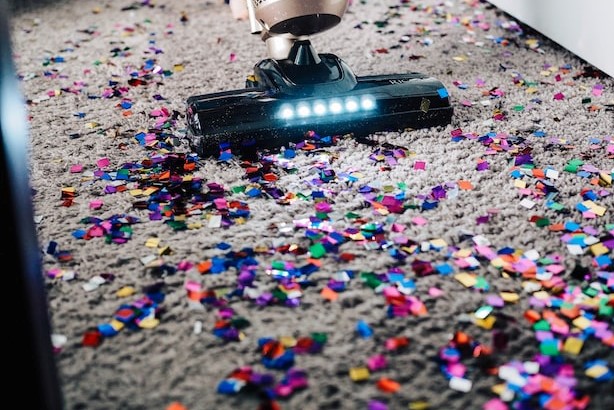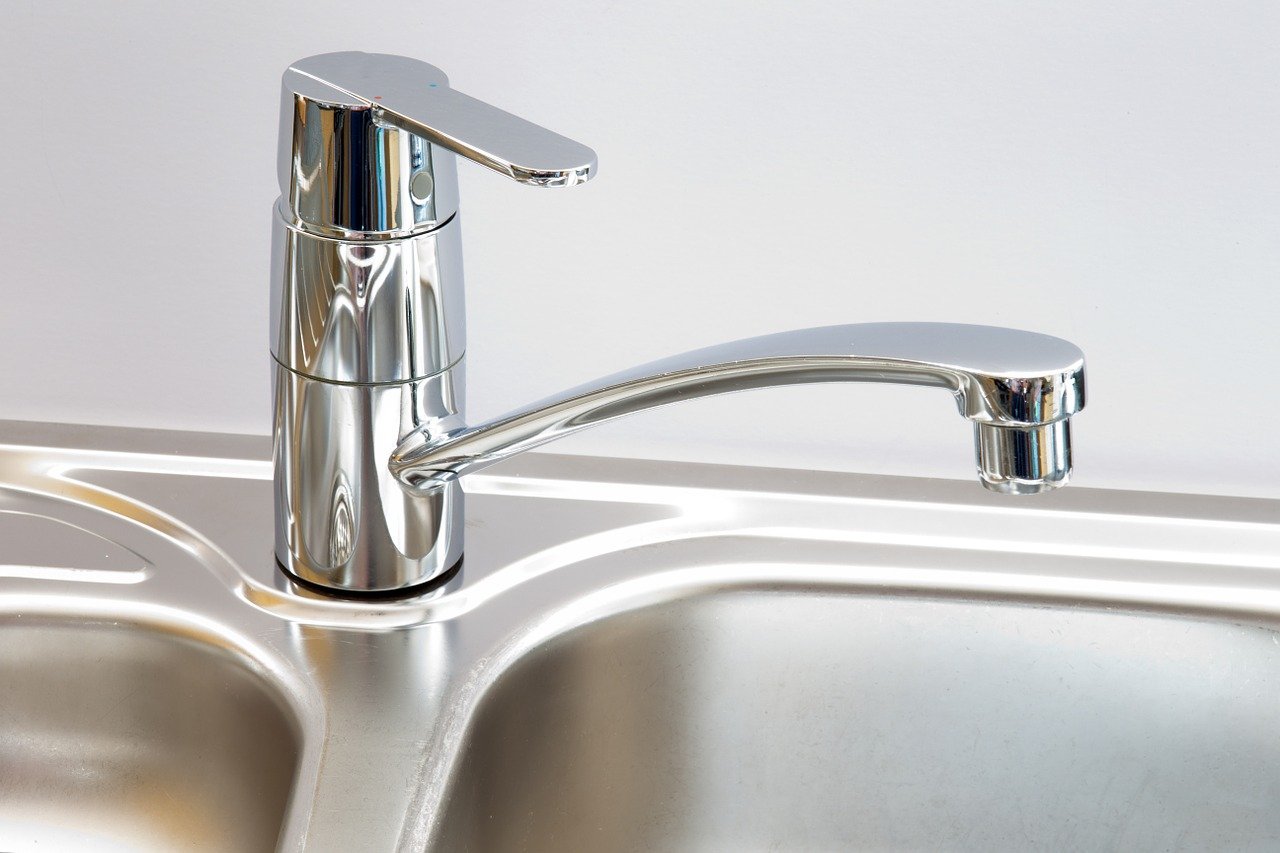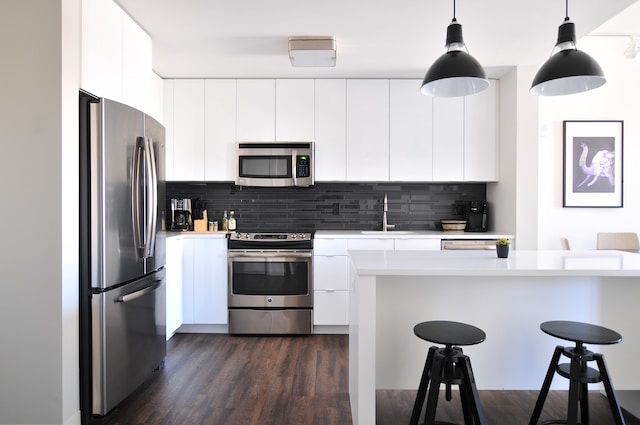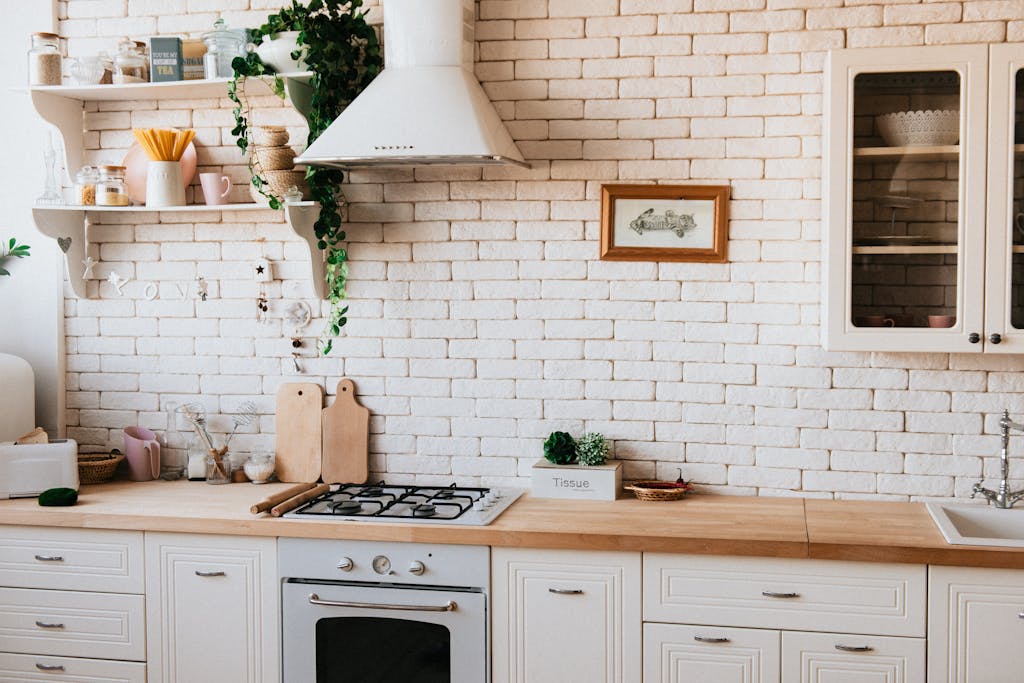Making Cleaning Fun: Tips And Ideas For Making Cleaning Enjoyable And Rewarding
There are some affiliate links below, but they are all products I highly recommend. For more info, view my disclosure here.
Do you dread cleaning your home? Are you overwhelmed by the thought of it, especially if you have a chronic illness? Cleaning can be a tedious task that no one looks forward to, but it doesn’t have to be!
With a few simple tips and ideas, making cleaning fun and a rewarding experience is possible. Read on and we’ll discuss ways to make cleaning fun so that even those of us with chronic illnesses can enjoy the process of tidying up their homes.
Cleaning isn’t usually thought of as something fun or enjoyable, but with the right tools and mindset, it can be! Learning how to make cleaning an enjoyable task is great news for those who may struggle with physical limitations due to a chronic illness. From setting realistic goals to breaking down tasks into smaller chunks, there are plenty of ways to make cleaning an uplifting experience.
No matter what your situation is, finding ways to make cleaning fun will help motivate you to keep your home tidy and organized – something we all need from time-to-time! Read on for helpful tips and ideas for transforming your dreaded chore into something that’s actually enjoyable.

All About Cleaning
Cleaning is an important and often overlooked part of our daily lives. It can be a tedious and time-consuming task, especially for those with chronic illnesses, but it doesn’t have to be dull and unenjoyable. Cleaning can be a great way to spend quality time with family, friends, or even yourself. It can also provide a sense of accomplishment when it’s finished.
The key to making cleaning fun is to make sure it fits into your lifestyle and schedule. If you don’t have the energy to tackle a big project, start small by focusing on one room at a time.
Take breaks whenever needed and reward yourself after each task is complete – whether it’s with something as simple as a cup of tea or something more indulgent like a spa day or movie night.
Cleaning can also help reduce stress levels by providing an outlet for creativity. Try adding some color to your home décor with wall art, throws or rugs, or experiment with different cleaning products and techniques for optimal results. Making cleaning enjoyable doesn’t have to be difficult – all it takes is a few creative changes in how you approach the task at hand!
Reasons To Make Cleaning Fun
Now that the definition of cleaning has been established, it’s important to take a look at why making cleaning fun is beneficial. For many, the thought of cleaning can be overwhelming and tedious.
But with some creativity and effort, it can actually become an enjoyable experience. Making cleaning fun allows us to make it part of our everyday routine while also rewarding ourselves for our hard work. Here are a few reasons why we should strive to make cleaning fun:
The first reason is to reduce stress and anxiety. There’s no denying that a cluttered environment can create feelings of unease or discomfort. By taking the time to clean up regularly, we can make sure our living space is organized and calm, which in turn can help reduce stress levels.
Additionally, dedicating time each day to tidy up can create a sense of accomplishment that helps boost our moods and overall wellbeing.
Another great reason to make cleaning fun is to stay healthy and avoid illness. A dirty home often leads to an increase in germs and bacteria, which can cause us to become ill more easily.
Regularly deep-cleaning surfaces like toilets, floors, and countertops helps us keep these areas free from potentially harmful bacteria and viruses that could otherwise cause illness or disease.
Finally, making cleaning enjoyable can also be a great way for those with chronic illnesses to stay on top of their health care needs without feeling overwhelmed or exhausted by the task at hand.
Taking short breaks throughout the process or doing one small task at a time are just two strategies that allow us to keep up with daily chores while still caring for our bodies’ needs.
Here’s The Easiest Way To Clean Your Fridge!
Strategies For Making Cleaning Fun
Cleaning doesn’t have to be a chore. With the right strategies and attitude, it can actually become an enjoyable and rewarding experience, even with chronic illness. Here are some tips to help make cleaning fun:
First, break it down into smaller tasks. Being able to see progress can be motivating. Instead of tackling the entire house at once, focus on one room or one task at a time. This will make the job more manageable and less overwhelming. Additionally, set realistic goals for yourself so that you don’t become discouraged or exhausted too quickly.
Second, find ways to make it more enjoyable. Put on some upbeat music while working or play a game by challenging yourself to finish a certain task within a certain amount of time. You could also reward yourself after each completed task with something small like a snack, a quick game on your phone, or a break from cleaning.
Lastly, enlist help from family and friends when possible. Cleaning can be easier if you don’t have to do it alone – plus it’s always nice to have someone around to share in the rewards of having a clean home! Working together as a team often makes the job go faster and is much more enjoyable than doing it alone.
By following these tips and ideas, you can turn cleaning from something dreaded into something fun and rewarding – even when dealing with chronic illness!
Time Management Strategies
When it comes to making cleaning an enjoyable and rewarding experience, even with chronic illness, time management strategies are key. Without a plan, it can be hard to stay on task and keep up with the chores.
To make the most of your time, start by setting small goals. Break up big tasks into smaller ones that you can accomplish within a certain amount of time. This makes them easier to manage and helps you stay focused.
To help keep track of everything that needs to be done, create a list or schedule for yourself. Writing down what needs to be done can help you prioritize tasks and see which ones need to be handled first.
Make sure you give yourself realistic deadlines so that you don’t become overwhelmed with all the chores. And remember to take breaks when needed! Taking care of yourself is just as important as taking care of your home.
Organizing your space is also essential for efficient cleaning. Clutter adds extra work since it takes more effort and energy to clean around it than if it was put away in its proper place. Take some time every day or week to do some tidying up so there’s less mess to deal with during regular cleaning sessions. By having an organized system in place, cleaning becomes much more manageable – even with chronic illness!
Breaking Down Tasks
Breaking down tasks into smaller, manageable chunks is key to making cleaning enjoyable. This can be especially helpful if you have a chronic illness that causes fatigue or pain. Smaller tasks are easier to complete and also keep your motivation high since you can easily see progress being made.
Start by assessing the room or area that needs to be cleaned. Create a list of all the tasks that must be completed before considering the job done. Then break them down into smaller parts, such as vacuuming one corner of the room and wiping down shelves in another corner. Allow yourself short breaks in between each task to rest and regroup.
Reward yourself for completing each task with something special such as a cup of coffee or tea, an episode of your favorite show, or a tasty snack. This will give you something positive to look forward to after completing each task and keep your spirits up during the cleaning process.
Incentive Ideas
One way to make cleaning more enjoyable and rewarding is to create an incentive system. This could be a reward for yourself or a loved one after completing a task, such as a cup of coffee, a special snack, or even just taking some time out for self-care. For those with chronic illness, this could be especially motivating and help them stay on track.
Another idea is to set goals for yourself or create a checklist of tasks you want to complete each day or week. Setting small goals can help break down the task into manageable pieces, making it easier to complete. Plus, when you see how much you’ve achieved, it can be really satisfying!
Finally, don’t forget to celebrate your successes! Whether it’s something big like finishing an entire room or something small like wiping down the counters in the kitchen, take a moment to recognize what you have done and give yourself some recognition for it! It will help keep up your motivation and make cleaning more enjoyable.
Dealing With Chronic Illness
For those with chronic illness, cleaning can present an intimidating challenge. It’s important to remember that it doesn’t have to be overwhelming; there are plenty of ways to make it a less daunting and even enjoyable experience. The key is to set realistic goals and break tasks down into manageable chunks.
When dealing with chronic illness, it’s important to take frequent breaks and avoid pushing yourself too hard. Cleaning can be done in smaller bursts of activity rather than one large session.
This will help reduce fatigue, and allow you to focus on the task at hand without feeling overwhelmed or exhausted. Additionally, enlisting family members or trusted friends for assistance will make the job easier for everyone involved.
It’s also important to remember that cleaning should always come second to your health. Prioritizing rest and relaxation over cleaning can help keep your symptoms in check and prevent burnout.
Taking the time to care for yourself is just as important as caring for your home. With the right attitude and support, making cleaning fun can be a realistic goal – even when facing chronic illness.
Adaptive Tools And Devices
Adaptive tools and devices can be a great help when it comes to making cleaning more enjoyable and rewarding, even with chronic illness. There are many different types of tools and devices that can make cleaning easier for those with physical limitations.
For example, grabber tools are useful for reaching items without having to bend down or stretch. Long-handled dusters and mops can also make it easier to clean high surfaces without straining the back or arms.
There are also automatic vacuums that do the work for you, allowing you to sit back and relax while your floors get cleaned.
In addition, there are devices specifically designed to assist those with chronic illnesses in their daily living activities. These devices range from simple aids like elevated toilet seats to more complex pieces of equipment like electric wheelchairs or mobility scooters. Having access to these adaptive devices can make completing household tasks much easier and less time consuming.
Adaptive tools and devices offer an invaluable way for people with chronic illnesses to make cleaning more enjoyable and rewarding, even when facing physical limitations. With the right tools at hand, cleaning tasks can be done safely and efficiently without causing strain or discomfort. And by using adaptive tools and devices, individuals with chronic illnesses can still take pride in keeping their homes clean and tidy just like anyone else would.
Long-Term Benefits Of A Clean Home
Having a clean home provides long-term benefits that make it well worth the effort. Most notably, it creates an environment that’s safe and healthy for everyone living in the space. It reduces allergens, dust mites, dirt, and other contaminants that can cause or exacerbate respiratory conditions or allergies.
Having a clean home also helps reduce stress levels as there are no messes to worry about or dirt and clutter to cause additional stress.
Additionally, having a tidy home can also make it easier to find items when needed. This is especially helpful for those living with chronic illnesses who may not have the energy reserves required to spend time looking for misplaced items.
A clean home is also easier to maintain because regular cleaning tasks such as vacuuming, sweeping, and dusting don’t take as much time or effort when surfaces are already clear of clutter.
Finally, having a neat and orderly house can be beneficial in other ways too. For example, it creates an inviting atmosphere that makes it easier to entertain friends or family members in the home without worrying about messes or disorganization.
It also gives people an overall sense of accomplishment knowing they have created a place where they feel comfortable and relaxed while still being able to stay on top of household chores even with chronic illness.






